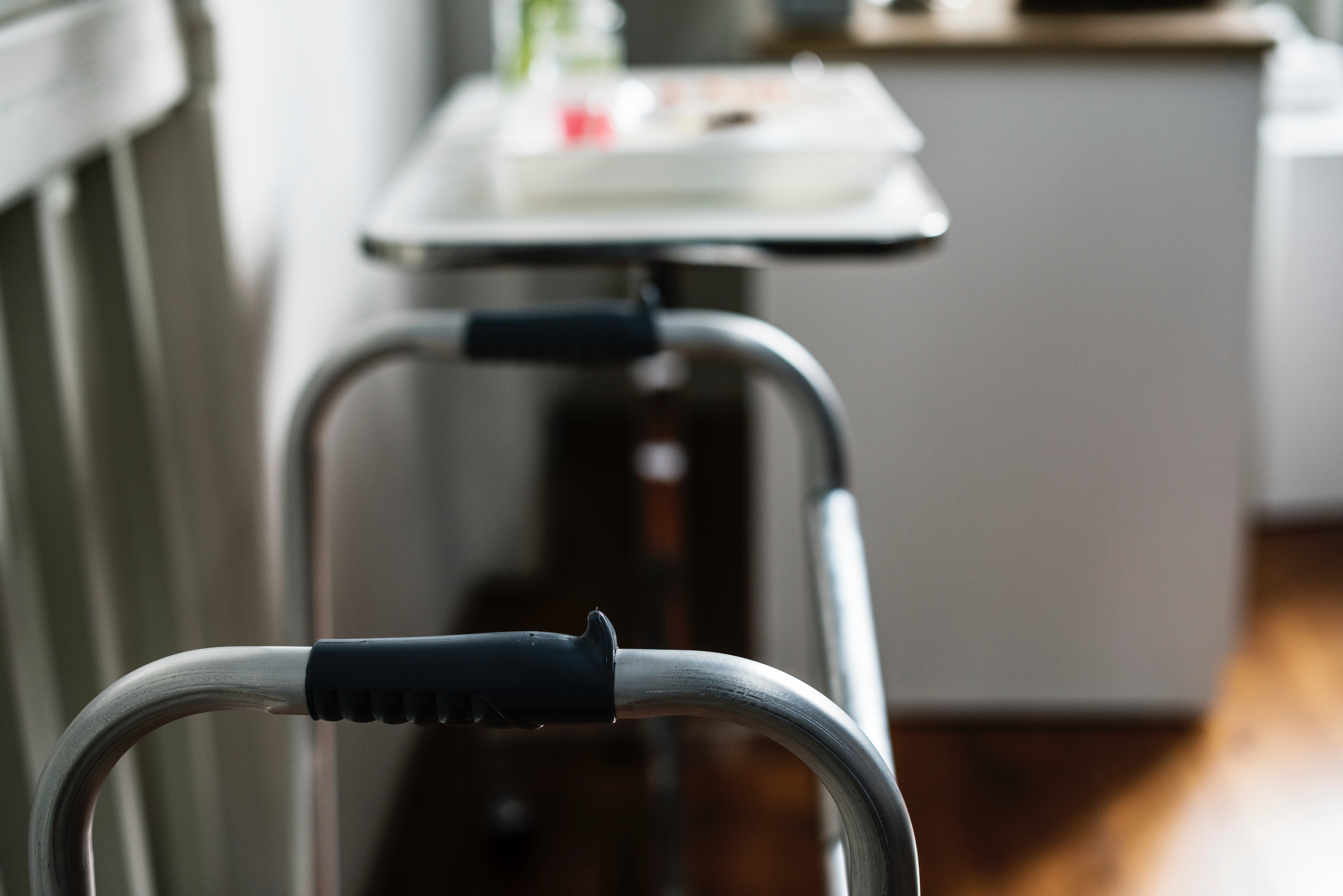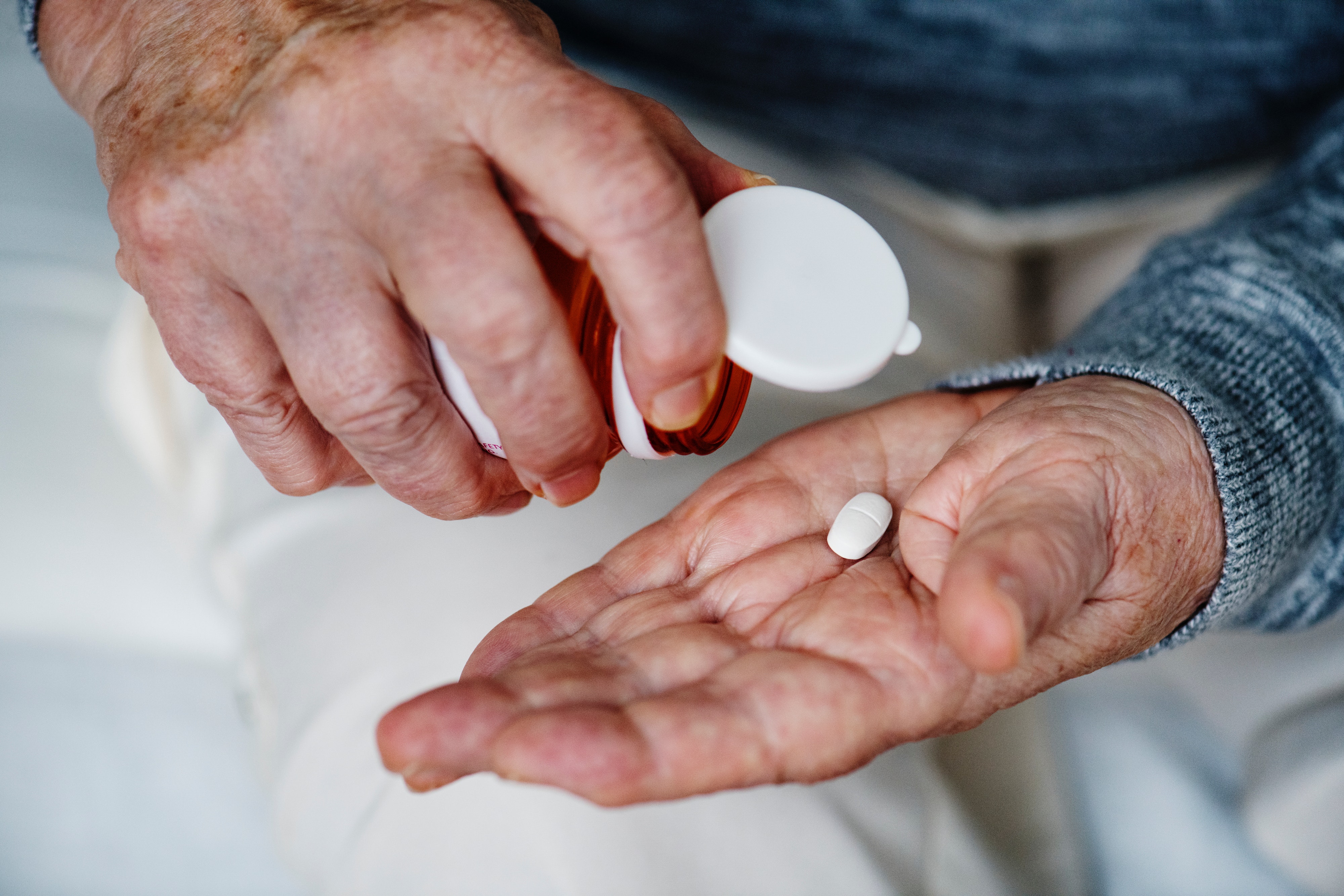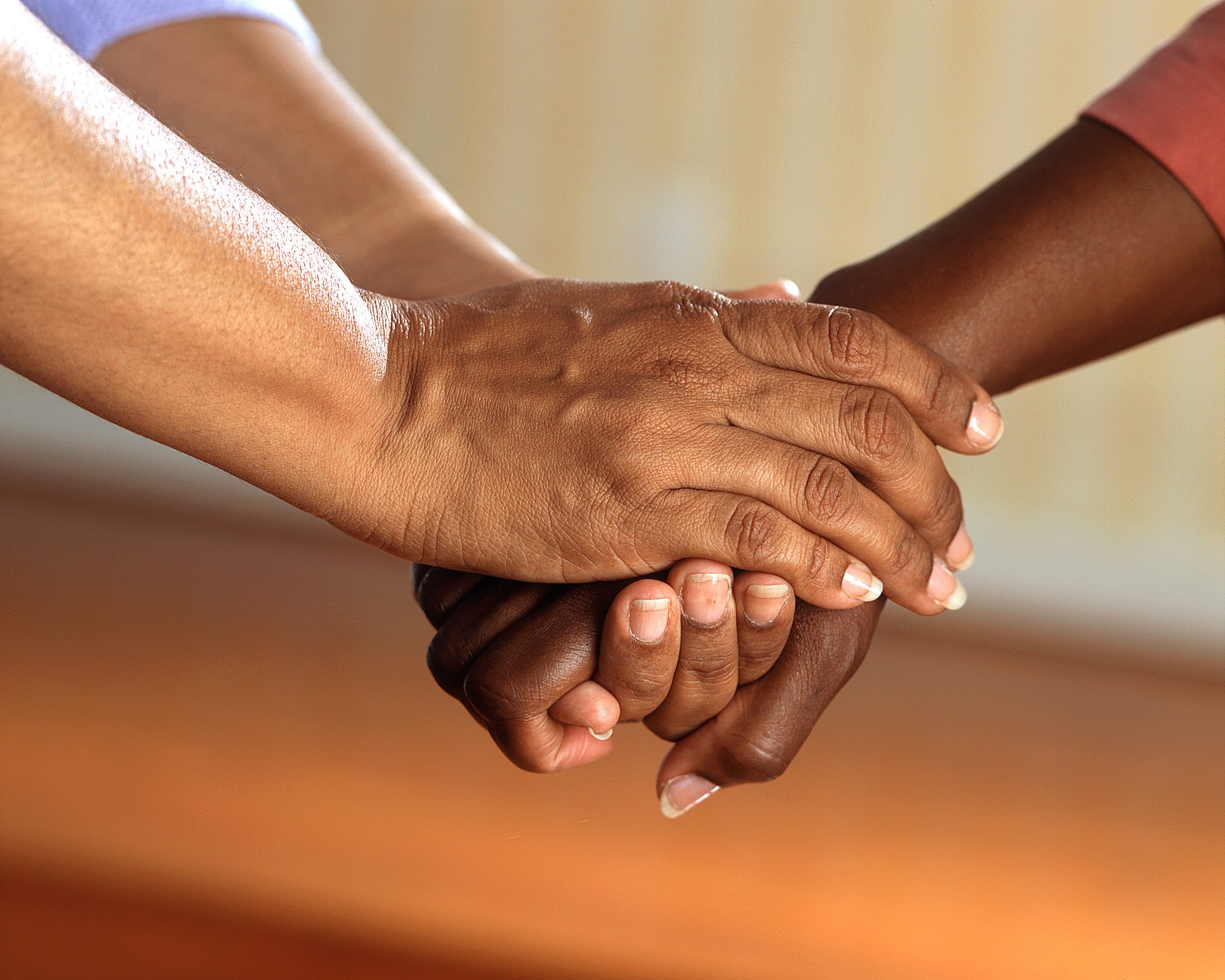As we welcome November we also welcome National Caregivers Month. But, while it can be easy to recognize the month, it’s not always easy to recognize a caregiver. Caregivers range from the professional and paid to full-time non-professional caregivers to informal caregiving on a part-time basis. According to the Mayo Clinic, “About 1 in 3 adults in the United States provides care to other adults as informal caregivers.” Given the numbers, it’s almost certain you personally know someone who is a caregiver.
 But who is a caregiver? A caregiver is anyone who provides help to someone in need. Anyone can be a caregiver, and caregiving is widely prevalent. Caregivers are diverse and consist of a wide range of ages, socio-economic backgrounds, genders, ethnic identities, locations, and caregiving arrangements. Despite how many people are caregiving, many don’t identify as “caregivers” because of their idea of what a caregiver is or isn’t. As a result, it’s important for us to recognize that not all caregiving looks the same. For instance, one caregiver might provide near-24 hour care, but another caregiver might drop off groceries once a week or organize medication; one caregiver might need to live with the person who needs help, but another caregiver might be providing help remotely from across the state or across the country.
But who is a caregiver? A caregiver is anyone who provides help to someone in need. Anyone can be a caregiver, and caregiving is widely prevalent. Caregivers are diverse and consist of a wide range of ages, socio-economic backgrounds, genders, ethnic identities, locations, and caregiving arrangements. Despite how many people are caregiving, many don’t identify as “caregivers” because of their idea of what a caregiver is or isn’t. As a result, it’s important for us to recognize that not all caregiving looks the same. For instance, one caregiver might provide near-24 hour care, but another caregiver might drop off groceries once a week or organize medication; one caregiver might need to live with the person who needs help, but another caregiver might be providing help remotely from across the state or across the country.
As we continue to experience the “graying of America,” and our life expectancy rises, it’s likely many of us will become caregivers at one point or another. Being a caregiver is no easy task. While incredibly rewarding, caregiving is also often emotionally, mentally, physically, and financially taxing. Caregivers have been shown to be significantly more at risk for illness, depression, and other health conditions associated with prolonged exposure to stress. If you’re a caregiver it’s vital to take time to care for yourself.
We want to celebrate caregivers and all they do. Caregivers are often the frontline advocate for their loved ones, working tirelessly to make sure the person(s) in their care is receiving all they need despite the impact on their own lives. We also want to remind caregivers to take care of themselves (see our “5 Self-Care Tips for Caregivers,” below). Being a caregiver can be one of the most rewarding experiences, but also one of the most exhausting times in a person’s life. Thank you to all of our caregivers, it’s your efforts that change the lives of so many and help so many live longer, richer lives in their community.
5 Self-Care Tips for Caregivers
Here are 5 vital ways for caregivers to practice self-care to rest, recharge, and revitalize!
- Take breaks every day—try a 5-minute meditation or any other practice that helps you de-stress
- Join a support group—in person or online.
- Do some self-massage to relieve accumulated tension
- Get enough: Water, Nutrition, Exercise, and Rest (caregivers often report a poorer diet and lack of adequate exercise and sleep)
- Know when to ask for help—watch out for signs of burnout and escalating health concerns; know when you need to ask for additional help from family or friends, or when outside agencies need to step in
Do you have a story about your caregiving experience you’d like to share? NJFA will be sharing stories in caregiving later this month for our 2nd blog on National Caregivers Month. To share your story, simply leave a comment on this blog or any of our social media pages, or email Communications Manager Mason Crane-Bolton at mbolton@njfoundationforaging.org.



